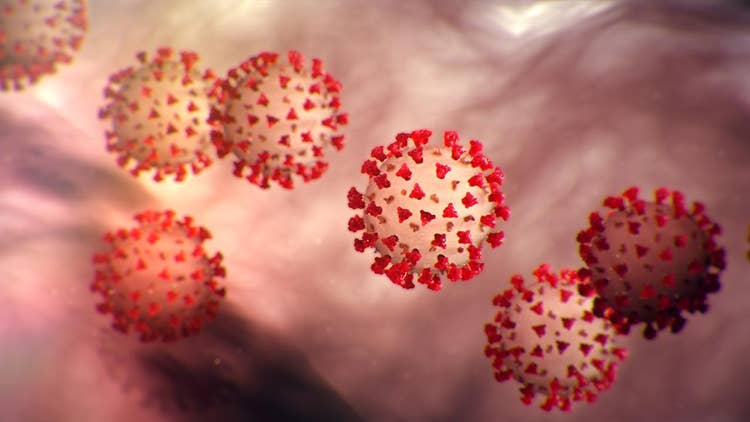AMD, Penguin Computing Fight COVID-19 In Supercomputer Deal
'Half the machine was GPU-accelerated, with the intent of upgrading the rest of the machine for GPU acceleration at a later time when budget was available, so this ended up being a donation rather than having to worry about a budget,' Penguin Computing President Sid Mair says of the new deal with AMD.

AMD and Penguin Computing have teamed up to upgrade the U.S. Department of Energy's Corona supercomputer with AMD Radeon Instinct GPUs to accelerate coronavirus research.
The new deal, announced Tuesday, consist of AMD donating hundreds of its Radeon Instinct MI50 GPUs as part of its new COVID-19 HPC Fund and Penguin Computing offering free upgrade services for the AMD-based Corona supercomputer that the high-performance computing integrator delivered in 2018.
[Related: How Channel Partners Can Support Coronavirus Research With Folding@Home]
That's according to Penguin Computing President Sid Mair, who told CRN that the upgrade job accelerated previous plans by DOE's Lawrence Livermore National Laboratory, the operator of the supercomputer, to outfit Corona with more of AMD's Radeon Instinct GPUs. Half of Corona's nodes were already equipped with an older generation of Radeon Instinct GPUs.
"When we did the original Corona, half the machine was just pure CPU base compute, and half the machine was GPU-accelerated, with the intent of upgrading the rest of the machine for GPU acceleration at a later time when budget was available, so this ended up being a donation rather than having to worry about a budget," Mair said.
Mair said the name of the Corona system is purely coincidental. The system is named after the term "corona," which is the aura that surrounds the Sun during a solar eclipse.
The HPC executive credited AMD with donating the Radeon Instinct MI50 GPUs, which Lawrence Livermore expects to push the Corona system to more than 4.5 petaflops, or 4.5 quadrillion calculations per second, in peak computing power.
"AMD stepped up and had the means to be able to provide those GPUs, so it's a great combination," Mair said.
Corona's expanded computing capabilities will support COVID-19 research at Lawrence Livermore as part of the White House-led COVID-19 HPC Consortium, which counts AMD and Lawrence Livermore as members. AMD will also use the Corona system for development purposes, according to Lawrence Livermore.
"An effective COVID-19 response requires the best and brightest minds working together. By leveraging the massive compute capabilities of the world’s most powerful supercomputers, we can help accelerate critical modeling and research to help fight the virus," said Forrest Norrod, senior vice president and general manager of AMD's Datacenter and Embedded Systems Group, in a statement.
Mair said the parallel computing and deep learning capabilities of AMD's Radeon Instinct GPUs make them a good fit for the kind of software needed for COVID-19 research.
"There are a lot of the biological or biometric codes as well as artificial intelligence codes that utilize GPUs more than your traditional physics codes do in in a compute environment," he said. "So Corona was a really good fit, because we had a very good combination of GPU-accelerated capabilities along with general high-performance computing based on standard compute architectures."